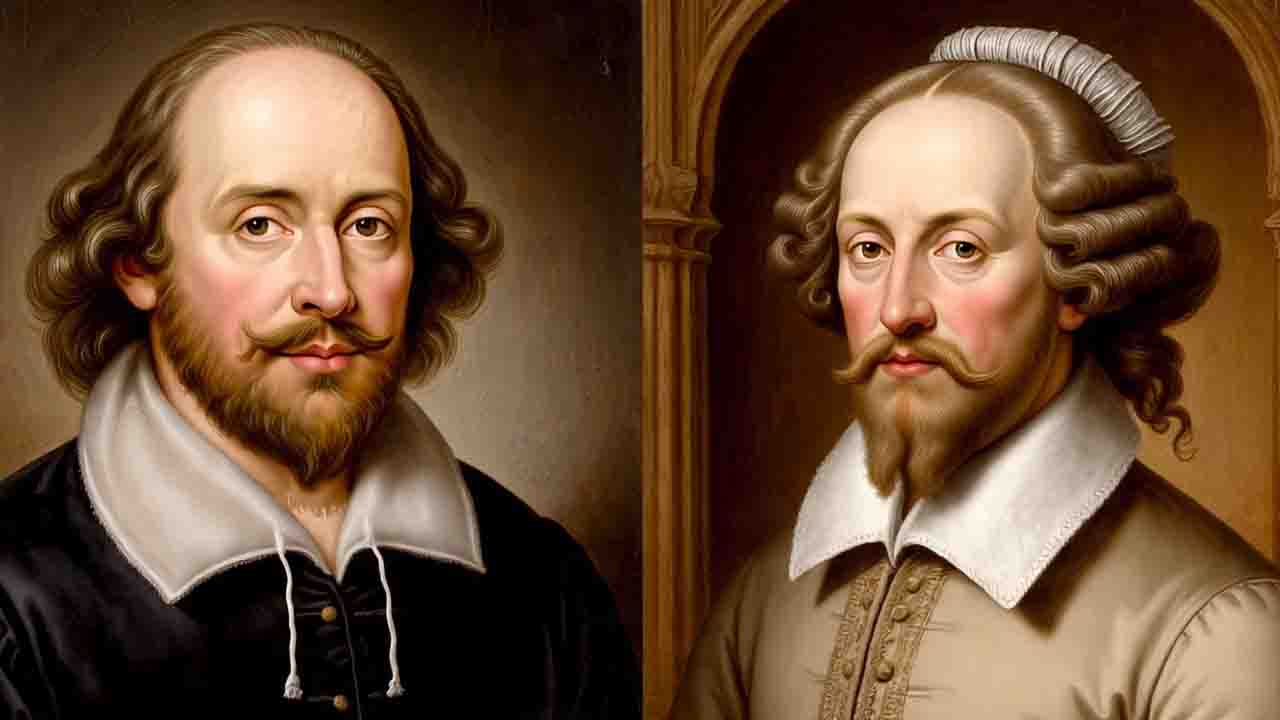
Upstartcrowthecomedy – The Battle of Words in Elizabethan theater was a fierce contest of wit, reputation, and survival among playwrights competing for fame and influence. This intense verbal rivalry is best illustrated by The Rival Pen, a series of cutting critiques and sharp jabs exchanged between established dramatists and emerging talents. The most notorious example is Robert Greene’s dismissal of William Shakespeare as an “upstart crow,” a biting insult aimed at an actor who dared to claim authorship in a world dominated by seasoned writers. This moment highlights the deep skepticism and hostility Shakespeare faced in the cutthroat environment of Elizabethan drama.
The Battle of Words took shape through The Rival Pen, where playwrights sparred publicly with sharp wit and pointed insults. Robert Greene’s attack on Shakespeare exposed the tension between the established literary elite and newcomers striving to prove their worth. This rivalry was more than personal animosity it was a public power struggle fought through carefully crafted words and barbed commentary. The biting tone and fierce competitiveness of The Battle of Words reveal the high stakes involved in securing status and patronage during this vibrant period of theatrical history.
“Writing for Every Audience: The Essential Skill of Modern Authors”
Despite its harshness, The Battle of Words also contained elements of humor and theatricality. The series dramatizing this rivalry captures this blend skillfully, particularly through Mark Heap’s portrayal of Robert Greene. Heap brings to life Greene’s pompous arrogance and sharp tongue, adding a comedic edge to the bitter exchanges. This combination of humor and hostility illustrates how wit served as both a weapon and a form of art. Essential for thriving in Elizabethan theater’s competitive landscape.
The Battle of Words was crucial for survival in the ruthless world of Elizabethan drama. Sharp intellect and verbal agility allowed playwrights to defend their work, challenge rivals, and influence public opinion. The Rival Pen showcases how razor-edged wit shaped careers and reputations. Proving that mastery of language was as vital as creative talent. In the end, the ability to engage in this fierce battle of words often determined. Who would succeed and endure in Elizabethan theater.
“AI and GenAI Transform Asia-Pacific’s Clinical Landscape”
This website uses cookies.